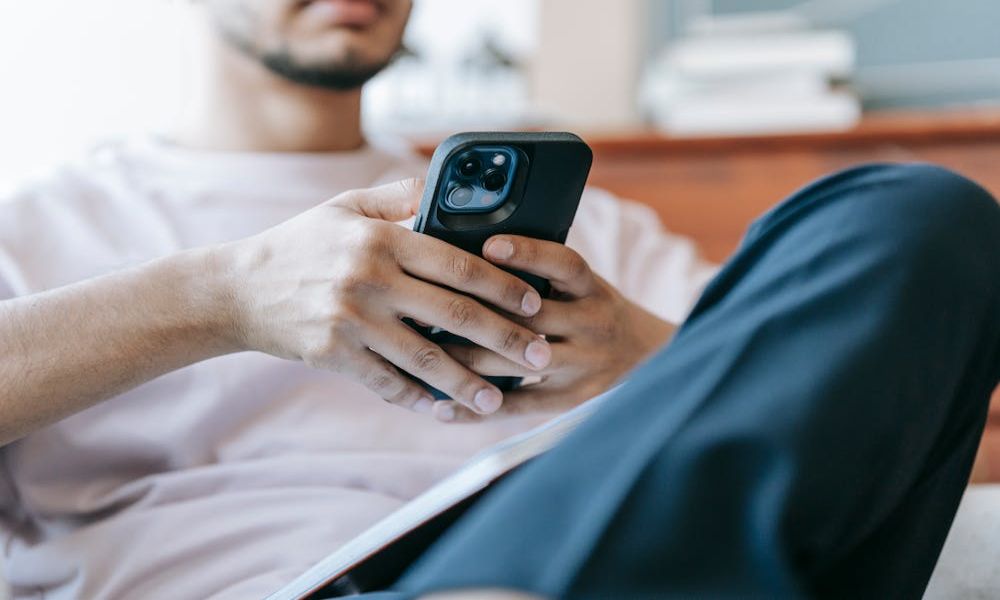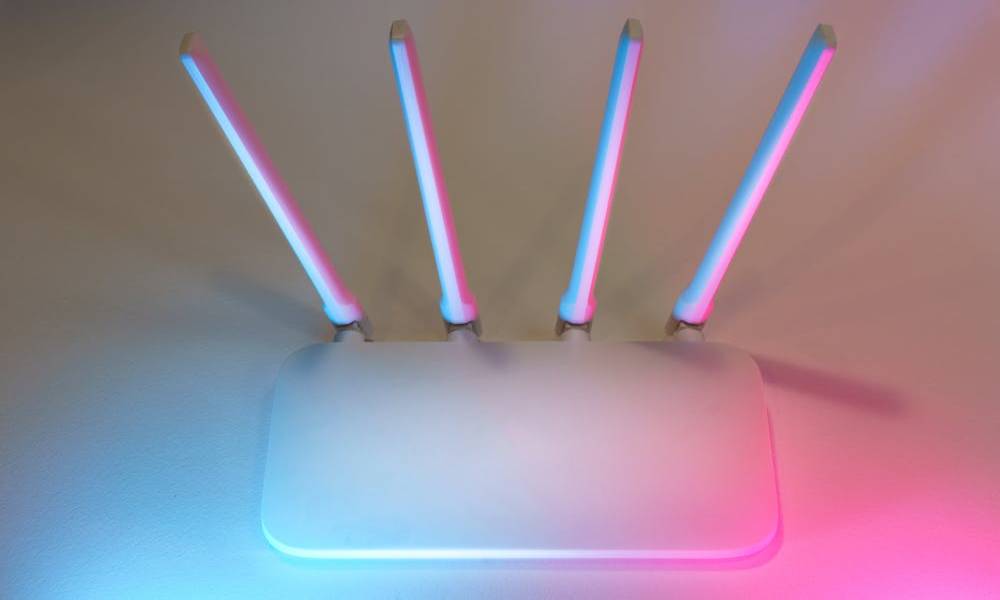Don’t Ignore These 7 Clear Signs She Cheated and Feels Guilty

Suspecting that your partner has cheated can be a painful and confusing experience. You may notice changes in her behavior that make you wonder if she’s hiding something.
In this article, we’ll explore 7 clear signs she cheated and feels guilty and how to confirm your suspicions. Plus, we’ll introduce a powerful tool to help you uncover the truth without confrontation.

7 Signs She Cheated and Feels Guilty
Guilt can manifest in various ways, and if she has been unfaithful, her behavior might start to shift in noticeable ways. Here are some key signs that could indicate she cheated and is struggling with guilt.

1. She Becomes Emotionally Distant
One of the first signs of guilt is emotional withdrawal. If she used to be affectionate and engaged but now avoids deep conversations, it could be a red flag.
Why Does This Happen?
Guilt creates emotional barriers. She may pull away because she feels ashamed or doesn’t want to lie to you.
2. She Acts Overly Affectionate or Nice
If she suddenly starts showering you with love and attention, it might not be a sign of renewed affection—it could be guilt.
What to Watch For
- Excessive compliments
- Buying unexpected gifts
- Going out of her way to make you happy
While this behavior can be genuine, it might also be an attempt to distract you from her guilt.
3. She Becomes Defensive and Evasive
If she gets irritated or angry when you ask about her day or her whereabouts, it may be a defense mechanism.
Common Excuses She Might Use
- “Why are you asking me this?”
- “You don’t trust me anymore!”
- “I don’t have to explain myself to you.”
Guilt can make someone act defensively even when no direct accusations are made.
4. She Suddenly Becomes Secretive With Her Phone
A cheating partner often becomes protective of her phone. If she starts changing passwords, deleting messages, or keeping her screen face down, something might be up.
What to Notice
- Taking calls in another room
- Quickly lock her phone when you’re around
- Hiding notifications or turning off message previews
This behavior suggests she doesn’t want you to see something.
5. She Shows Signs of Anxiety or Restlessness
Guilt can lead to stress, causing her to appear anxious, restless, or uneasy, especially when certain topics come up in conversation, making her reactions seem unusual or out of character.
Look for These Clues
- Fidgeting or avoiding eye contact
- Sudden mood swings
- Overreacting to casual questions
If she’s behaving in a way that seems out of character, it could be due to an internal struggle with guilt.
6. She Avoids Physical Intimacy or Acts Differently
If she suddenly loses interest in intimacy, pulls away, or behaves differently when you're together, it could be a sign of guilt affecting her emotions and connection with you.
Two Possible Reasons
- Avoiding intimacy – She may feel guilty about betraying you and distance herself physically.
- Acting differently – If she suddenly introduces new techniques or behaviors, it might be due to experiences with someone else.
7. She Talks About Guilt, Cheating, or Morality More Often
People experiencing guilt may frequently mention topics like cheating, morality, or betrayal, either as a way to seek validation, ease their conscience, or subconsciously reveal their inner turmoil.
What She Might Say
- “I don’t understand how people cheat on their partners.”
- “Have you ever thought about what makes people cheat?”
- “I feel bad for people who get betrayed.”
If she frequently talks about these topics, she might be hinting at something she’s done.
5 Reasons Why She Cheated

Understanding why she cheated can help you make sense of her behavior and determine the next steps in your relationship. While every situation is unique, here are some common reasons:
- Emotional Neglect
- Lack of Physical Intimacy
- Revenge or Resentment
- Excitement or Boredom
- Outside Influence
A relationship thrives on emotional connection. If she feels ignored, unheard, or emotionally disconnected, she may seek validation, affection, or understanding from someone else. This often happens when communication breaks down, and her emotional needs go unmet.
Physical intimacy plays a crucial role in maintaining a bond. If there has been a decline in affection, attraction, or sexual connection, she may feel unwanted or undesired. In some cases, she might look elsewhere to fulfill these unmet desires.
Betrayal, neglect, or unresolved conflicts can build resentment over time. If she feels wronged—whether through emotional distance, past infidelity, or lack of appreciation—she may cheat as an act of retaliation or a way to regain a sense of power in the relationship.
Some people crave novelty and excitement, especially if the relationship has become monotonous. The thrill of secrecy, the adrenaline rush of doing something forbidden, or simply the excitement of someone new can be a powerful temptation.
External factors, such as the influence of friends who justify infidelity, lingering emotional connections with an ex, or an unexpected opportunity, can sometimes lead to cheating. Alcohol, social pressure, or even a lack of strong personal boundaries may also play a role in her decision.
Official Methods of Identifying Signs She Cheated and Feels Guilty
Apple’s Find My iPhone and Google’s Find My Device are built-in tracking tools that help monitor a phone’s real-time location. If you suspect infidelity, these tools can verify whether she’s being truthful about her whereabouts.
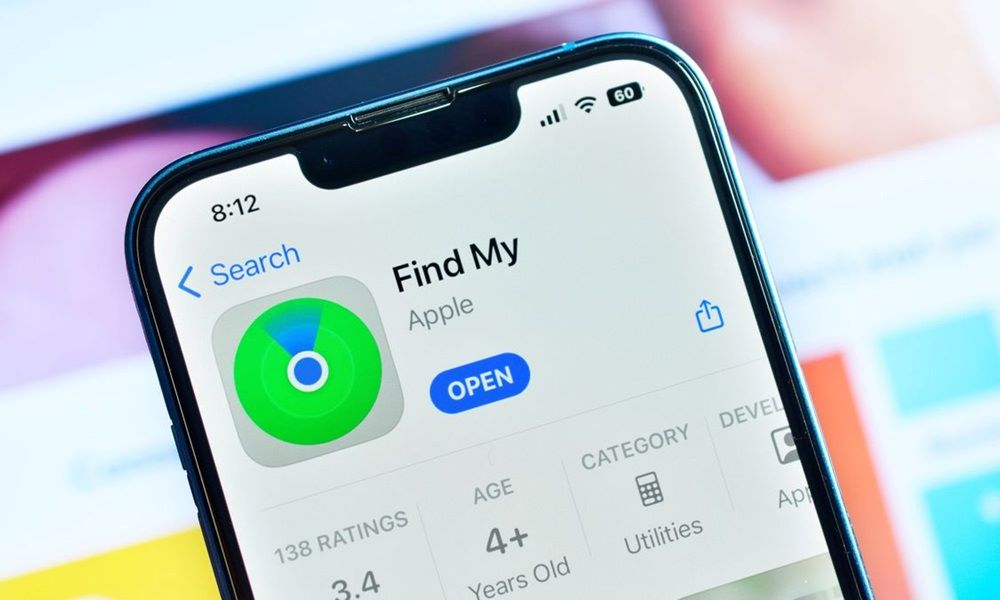
How to Use These Methods
- Apple’s Find My iPhone:
- Log into iCloud.com or use the Find My app on another Apple device.
- Select the target device from the list.
- View its real-time location on a map.
- Google’s Find My Device:
- Visit android.com/find or use the Find My Device app.
- Sign in with the Google account linked to the device.
- Check its last known and current location.
These tools can confirm if she was at a specific location when she claimed to be somewhere else, helping identify inconsistencies in her explanations.
Pros of Official Methods:
- Free & Built-In – No additional software or apps are needed.
- Real-Time Tracking – Instantly see the device's location.
- Works on Both iPhone & Android – Compatible with most modern smartphones.
Cons of Official Methods:
- Requires Login Credentials – You must have access to her Apple ID or Google account.
- Limited Monitoring – These tools don’t track texts, calls, or social media activity.
- Alerts & Notifications – The device owner may receive a notification when tracking is enabled, making them aware of surveillance.
How to Identify Signs She Cheated and Feels Guilty – Use An Advanced Tool
When trust is broken, you need reliable answers before making any decisions. SafeMyKid is a powerful monitoring tool designed to help you discreetly uncover the truth. With its advanced tracking features, you can see your partner’s activities without direct confrontation.
SafeMyKid provides real-time insights into messages, call logs, social media activity, and even location tracking, allowing you to gather evidence without raising suspicion. This tool helps you make informed decisions based on facts rather than assumptions.

Why Choose SafeMyKid to Discover if She Cheated and Feels Guilty?
If you suspect infidelity and need concrete proof before making any decisions, SafeMyKid provides the tools to discreetly uncover the truth. Rather than relying on guesswork, you can access real data to confirm or ease your suspicions.
Here’s why it’s the best option:
- Real-Time Location Tracking – Instantly track her location and view location history to verify if her whereabouts align with what she told you.
- Call & Message Monitoring – Access call logs, including incoming, outgoing, and missed calls. You can also check SMS messages and certain messaging apps to identify any suspicious conversations.
- Social Media Activity Tracking – Monitor interactions on WhatsApp, Instagram, Facebook Messenger, Snapchat, and other platforms to see if she’s having secret or flirtatious conversations.
- Deleted Message Recovery – Retrieve deleted messages and chats, helping you uncover any attempts to hide conversations.
- Stealth Mode Operation – SafeMyKid runs discreetly in the background, ensuring that she won’t realize she’s being monitored.
How to Discover if She Cheated and Feels Guilty on iPhone
Step 1. Sign Up and Create an Account
Visit the official SafeMyKid website, and register an account with your email.

Step 2. Enable iCloud Sync
Get access to the target iPhone’s Apple ID credentials. Input it into SafeMyKid to start retrieving synced data.
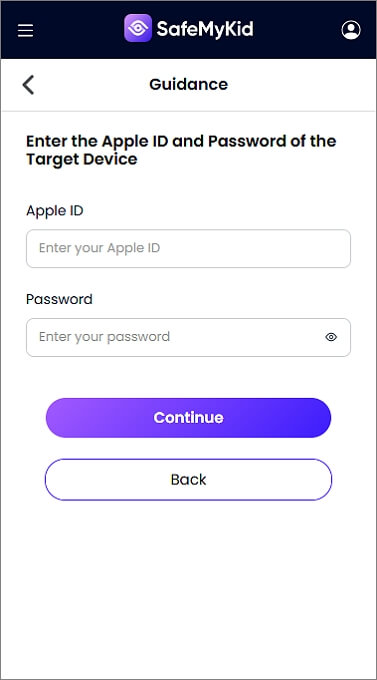
Step 3. Monitor for Signs She Cheated and Feels Guilty on iPhone
Once connected, log into your SafeMyKid account from any device. Access real-time location updates, call logs, messages, and social media activity.

Important Note: SafeMyKid does not require installation on iPhones, making it one of the most discreet tracking solutions available. As long as you have iCloud credentials, you can retrieve valuable information remotely.
How to Discover if She Cheated and Feels Guilty on Android
Step 1. Sign Up
Create your account for free by entering your valid email address.

Step 2. Install and Set Up SafeMyKid on Android
To get physical access to the target Android device, download SafeMyKid and install it. Follow onscreen instructions to allow necessary permissions.
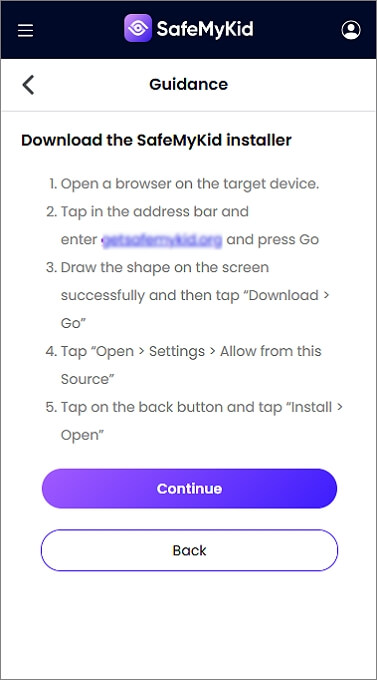
Step 3. Check Signs She Cheated and Feels Guilty on Android
Log in to your SafeMyKid account from any device. Begin tracking phone activity, locations, and messages remotely.

What to Do if You Find out She Cheated and Feels Guilty

Discovering that she cheated can be painful, but if she feels guilty, it means she acknowledges the betrayal. How you handle the situation will determine the future of your relationship. Here’s what you should do:
- Take Time to Process Your Emotions
- Have an Honest Conversation
- Decide Whether You Can Forgive
- Set Clear Boundaries
- Seek Professional Help if Needed
- Prioritize Your Well-Being
Finding out about infidelity can trigger a whirlwind of emotions—anger, sadness, confusion. Before reacting, give yourself time to process your feelings so you don’t make impulsive decisions.
If she genuinely feels guilty, she may be open to discussing what happened. Approach the conversation calmly and ask direct questions. Try to understand the reasons behind her actions without letting emotions take over.
Forgiveness is a personal choice. If you believe the relationship can be repaired and she’s willing to earn back your trust, consider working through the issue. However, if the betrayal is too painful, walking away may be the best option.
If you choose to move forward, establish new boundaries and expectations. Open communication, accountability, and transparency will be necessary to rebuild trust.
If you’re struggling to process the betrayal or want to rebuild the relationship, therapy or counseling can help. A neutral third party can guide both of you toward emotional healing.
No matter what you decide, prioritize your mental and emotional health. Engage in self-care, talk to trusted friends or family, and focus on personal growth.
Cheating can break trust, but how you handle the situation will shape your healing process. Whether you choose to work things out or move on, make the decision that’s best for you.
FAQs on Signs She Cheated and Feels Guilty
If you're wondering about the emotional aftermath of cheating, guilt can manifest in different ways and last for varying durations. Some people feel intense guilt immediately, while others suppress it until they are confronted.
1. How long does guilt last after cheating?
The duration of guilt varies from person to person. Some individuals feel immediate regret, while others suppress their guilt until confronted. If she truly values the relationship, guilt may linger until she confesses or makes amends.
2. Can someone feel guilty without actually cheating?
Yes, guilt can stem from emotional betrayal, dishonesty, or contemplating cheating without acting on it. If she’s showing guilt signs but denies infidelity, she may still be hiding something.
3. What are the psychological effects of guilt after cheating?
Guilt can lead to anxiety, mood swings, withdrawal, overcompensation, or even increased irritability. In some cases, it may cause a person to sabotage their own relationship out of self-condemnation.
4. Should I confront her if I suspect she cheated?
Before confronting her, ensure you have solid evidence rather than relying on suspicion alone. Accusations without proof can damage trust. Consider using SafeMyKid to verify facts discreetly first.
5. How do cheaters typically react when confronted?
Common reactions include denial, defensiveness, gaslighting, or shifting blame. Others may break down emotionally, admit guilt, or attempt to justify their actions.
6. Can a relationship survive after cheating?
Yes, but it depends on honest communication, mutual willingness to rebuild trust, and genuine remorse from the cheating partner. Some couples recover, while others find it too difficult to move forward.
Conclusion
If your partner is showing multiple signs she cheated and feels guilty, it’s essential to approach the situation carefully and avoid making accusations without concrete evidence.
Rather than jumping to conclusions, consider using SafeMyKid to discreetly track phone activity and uncover the truth. Having factual information will help you make an informed decision about your next steps, whether that means addressing concerns, rebuilding trust, or moving on.



